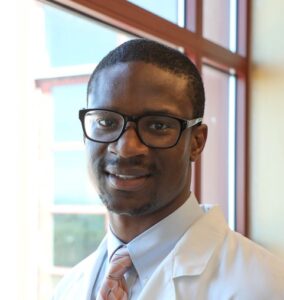
Research Interests:
Cardiac Electrophysiology, Arrhythmias, Mechanisms, Remodeling, Cardiac Fibrosis, Atrial Fibrillation, Cardiac Ablation, Mouse models, animal models, mouse electrophysiology, optical mapping, atrial fibrillation ablation, clinical trials.
Summary:
Mechanisms of arrhythmias, remodeling and cardiac fibrosis, atrial fibrillation, ventricular fibrillation, sudden death, prediction of atrial fibrillation, prediction of sudden death.
Dr. Olgin’s basic research lab is interested in atrial and ventricular remodeling and how these processes occur to develop a substrate for atrial fibrillation and ventricular tachycardia. His work has demonstrated the circuit for human atrial flutter and has demonstrated the importance of atrial fibrosis as a cause for atrial fibrillation. He is currently interested in how TGFß signaling is regulated in the atria to produce atrial fibrosis and atrial fibrillation. His lab is translational in that he utilizes a spectrum of techniques and studies that span from mouse, large animal physiologic models, human tissue, human biomarkers and genetic approaches to understanding the disease. He also has active studies in understanding the remodeling that occurs in the ventricle in the setting of heart failure and myocardial infarction to create the substrate for sudden death and ventricular tachycardia and fibrillation.
Dr. Olgin also runs the UCSF Cardiology Clinical Coordinating Center. He is PI of the VEST study, a multi-center, international randomized study to determine whether a wearable defibrillator vest can reduce the big early sudden death rate post-MI.
UCSF Profiles Page











